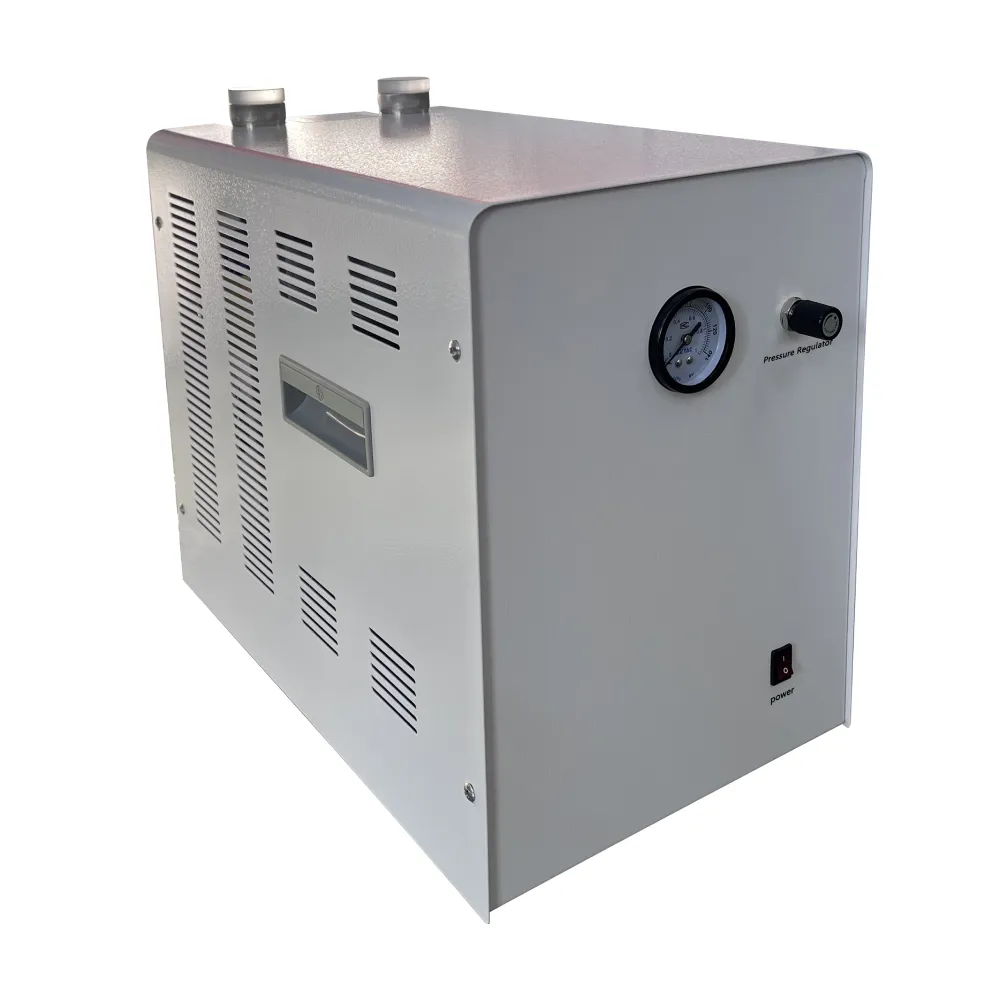 English
English



-
 Afrikaans
Afrikaans -
 Albanian
Albanian -
 Amharic
Amharic -
 Arabic
Arabic -
 Armenian
Armenian -
 Azerbaijani
Azerbaijani -
 Basque
Basque -
 Belarusian
Belarusian -
 Bengali
Bengali -
 Bosnian
Bosnian -
 Bulgarian
Bulgarian -
 Catalan
Catalan -
 Cebuano
Cebuano -
 China
China -
 China (Taiwan)
China (Taiwan) -
 Corsican
Corsican -
 Croatian
Croatian -
 Czech
Czech -
 Danish
Danish -
 Dutch
Dutch -
 English
English -
 Esperanto
Esperanto -
 Estonian
Estonian -
 Finnish
Finnish -
 French
French -
 Frisian
Frisian -
 Galician
Galician -
 Georgian
Georgian -
 German
German -
 Greek
Greek -
 Gujarati
Gujarati -
 Haitian Creole
Haitian Creole -
 hausa
hausa -
 hawaiian
hawaiian -
 Hebrew
Hebrew -
 Hindi
Hindi -
 Miao
Miao -
 Hungarian
Hungarian -
 Icelandic
Icelandic -
 igbo
igbo -
 Indonesian
Indonesian -
 irish
irish -
 Italian
Italian -
 Japanese
Japanese -
 Javanese
Javanese -
 Kannada
Kannada -
 kazakh
kazakh -
 Khmer
Khmer -
 Rwandese
Rwandese -
 Korean
Korean -
 Kurdish
Kurdish -
 Kyrgyz
Kyrgyz -
 Lao
Lao -
 Latin
Latin -
 Latvian
Latvian -
 Lithuanian
Lithuanian -
 Luxembourgish
Luxembourgish -
 Macedonian
Macedonian -
 Malgashi
Malgashi -
 Malay
Malay -
 Malayalam
Malayalam -
 Maltese
Maltese -
 Maori
Maori -
 Marathi
Marathi -
 Mongolian
Mongolian -
 Myanmar
Myanmar -
 Nepali
Nepali -
 Norwegian
Norwegian -
 Norwegian
Norwegian -
 Occitan
Occitan -
 Pashto
Pashto -
 Persian
Persian -
 Polish
Polish -
 Portuguese
Portuguese -
 Punjabi
Punjabi -
 Romanian
Romanian -
 Russian
Russian -
 Samoan
Samoan -
 Scottish Gaelic
Scottish Gaelic -
 Serbian
Serbian -
 Sesotho
Sesotho -
 Shona
Shona -
 Sindhi
Sindhi -
 Sinhala
Sinhala -
 Slovak
Slovak -
 Slovenian
Slovenian -
 Somali
Somali -
 Spanish
Spanish -
 Sundanese
Sundanese -
 Swahili
Swahili -
 Swedish
Swedish -
 Tagalog
Tagalog -
 Tajik
Tajik -
 Tamil
Tamil -
 Tatar
Tatar -
 Telugu
Telugu -
 Thai
Thai -
 Turkish
Turkish -
 Turkmen
Turkmen -
 Ukrainian
Ukrainian -
 Urdu
Urdu -
 Uighur
Uighur -
 Uzbek
Uzbek -
 Vietnamese
Vietnamese -
 Welsh
Welsh -
 Bantu
Bantu -
 Yiddish
Yiddish -
 Yoruba
Yoruba -
 Zulu
Zulu
Investigation of Dielectric Strength in Transformer Components and Its Impact on Performance
Understanding Transformer Dielectric Strength
Transformers are crucial components in electrical power systems, serving the purpose of voltage transformation and ensuring efficient energy transmission. One of the key parameters that determine the reliability and safety of a transformer is its dielectric strength. This property measures the ability of the insulating materials within the transformer to withstand electric stress without breakdown.
Dielectric strength is defined as the maximum electric field that a dielectric material can endure without experiencing failure. In transformers, insulating materials such as oil, paper, and synthetic compounds are utilized to prevent short circuits between live components and ground, thereby safeguarding the integrity of the system. The dielectric strength of these materials is critical, as it directly relates to the performance and longevity of the transformer.
The dielectric strength of transformer oil is particularly important. Transformer oils, typically mineral oil, serve dual functions they provide insulation and facilitate cooling. The dielectric strength of the oil can be influenced by various factors, including temperature, moisture content, and the presence of impurities. Regular testing is necessary to ensure that the dielectric strength remains within acceptable limits, which for mineral oil is often around 30 kV/mm. When the dielectric strength of the oil decreases, it indicates the potential for insulation failure, which can lead to catastrophic transformer malfunctions.
transformer dielectric strength

Another significant aspect of dielectric strength is its role during transformer design and maintenance. Engineers must ensure that the materials selected have adequate dielectric properties to maintain operational safety under working conditions. Moreover, routine maintenance practices, such as oil sampling and testing for dielectric strength, are vital for early detection of degradation, enabling preventive actions before any major failures occur.
Environmental factors can also impact dielectric strength. Pollution and contaminants can reduce the effectiveness of insulations, leading to decreased dielectric strength. Therefore, it is essential to maintain a clean environment around transformers and manage moisture levels to extend their operational life.
In summary, transformer dielectric strength is a critical parameter that underpins the reliability and safety of electrical power systems. Understanding and monitoring this property, through rigorous testing and maintenance protocols, can prevent failures, improve transformer lifespan, and ensure continuous service in the power distribution network. As technology progresses, ongoing research into advanced insulating materials, with superior dielectric properties, will further enhance transformer performance and efficiency.
-
Ensuring SF₆ Gas Safety: Introducing PUSH’s Integrated SF₆ Analyzer for Dew Point, Purity, and Decomposition MonitoringNewsJul.10,2025
-
Exploring the Main Types of Industrial Endoscopes and Their Applications Across IndustriesNewsJul.04,2025
-
Testing Equipment Industry Sees Major Advancements in 2025: Smart & Precision Technologies Lead the WayNewsJun.06,2025
-
Applications of Direct Current Generators in Renewable Energy SystemsNewsJun.05,2025
-
Hipot Tester Calibration and Accuracy GuidelinesNewsJun.05,2025
-
Digital Circuit Breaker Analyzer Features and BenefitsNewsJun.05,2025



